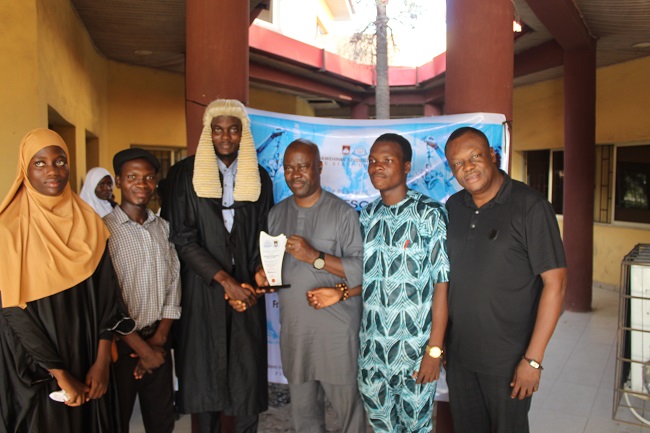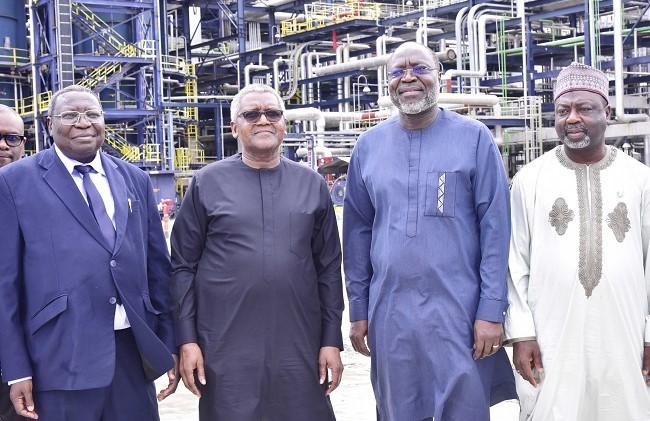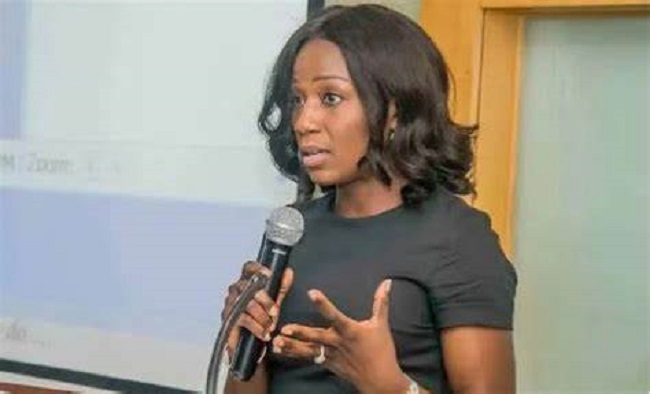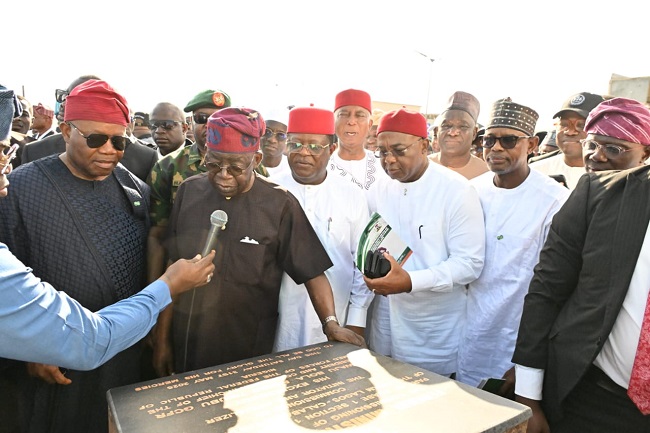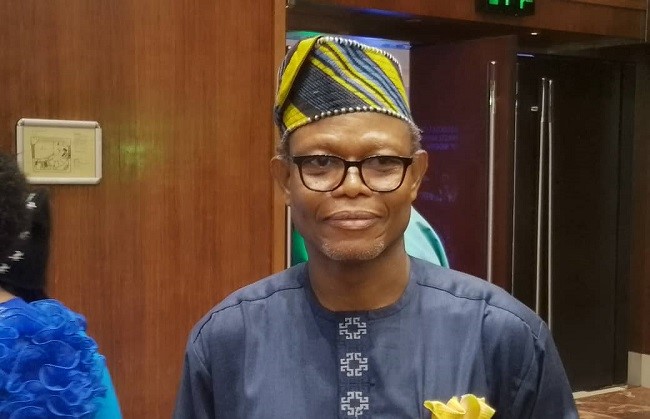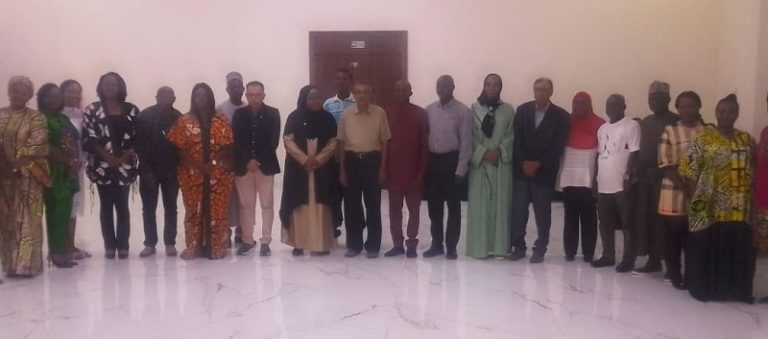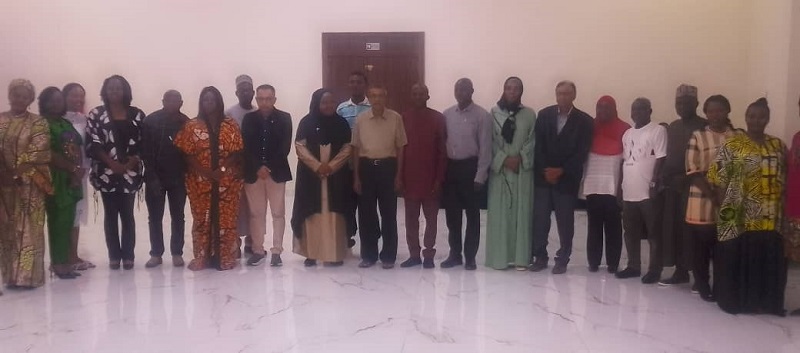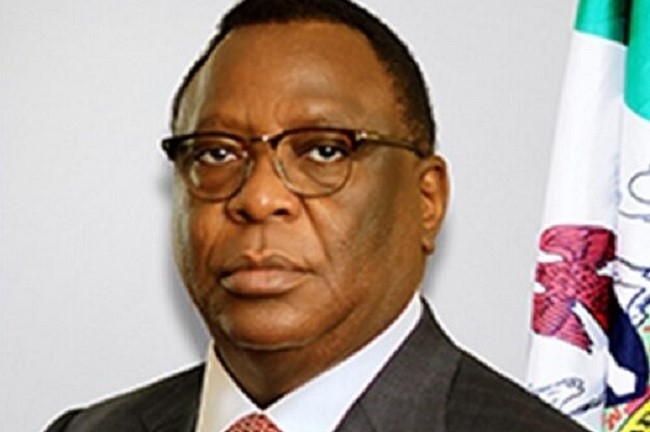The 2022 Goldman Environmental Prize Laureate, Prince Chima Williams, has disclosed that he started the first ever student environmental justice movement in Africa in 1998 as a Law student at the University on Benin in Edo State, Nigeria.
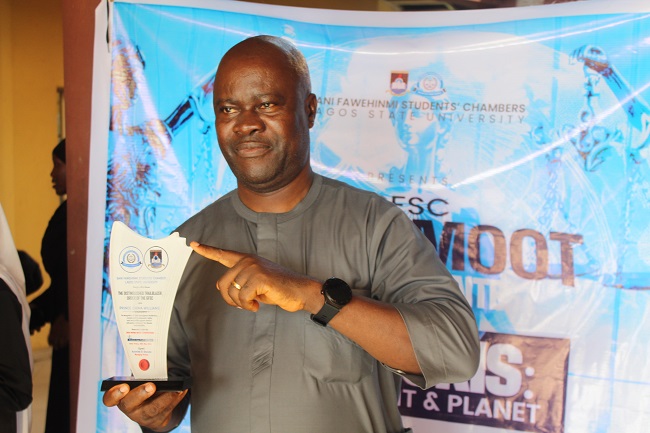
Called “Students Environmental Assembly Nigeria” and still in existence in some universities in Nigeria including the Delta State University, the movement is described as a platform to mentor young Nigerians in environmental justice and contribute to the protection of the environment.
Williams, who is also the Executive Director, Environmental Defenders Network (EDEN), made the disclosure on Friday, May 30, 2025, in a speech delivered during his special recognition at the Sessional Intra-Moot Competition organised by the Gani Fawehinmi Students Chamber, Faculty of Law, Lagos State University (LASU), Ojo.
He said he personally learnt a lot from Chief Fawehinmi’s struggles and what he learnt helped to form him and stoked the fires of his advocacy against corporate powers ruining the Nigerian environment.
His words: “I led the team that took oil giant Shell to court in the Hague for despoilation of the environment in some Niger Delta communities – Ikot Ada Udo, Goi and Bodo.
“It was not an easy task. For nearly 18 years, my colleagues and I worked tirelessly with the communities to document the atrocities of Shell in relation to their environment. We had near death brushes with militants and risked our lives many times to obtain credible information that was useful in the courts.
“Finally, we won and the affected communities got justice.
“The work we did in the affected communities was one among several reasons why I was awarded the Goldman Prize in the environment category in Africa in the year 2022. But beyond prizes, it is not only these three communities that suffer from the extractive companies. Similar situations are playing out across the Niger Delta and even in mining communities in Nasarawa, Kogi, Zamfara in the north and across the entire federation.
“These activities are enabled by big companies that exploit our resources with reckless abandon and believe they do not owe the people and environment anything. These things are going on with the connivance of people in high places and foreigners and need to be checked.
“Though we have done work strenuously in the last three or more decades, to save our environment and people, the younger generation must now be involved. You are the heroes of now and the future waiting to be drawn into the battle of saving our nation.
“Nobody will do it for you. Outsiders will not save Nigeria. Sitting back and complaining on social media will not achieve it. You must be ready to leave your comfort zone, roll up your sleeves and get into the field. That is what the great Gani Fawehinmi did. And that is what many did.
“It is not a one-off activity because protecting freedom is an eternal work that does not stop. That is why it seems we have not liberated Nigeria. We did not take on this course because we wanted awards. We did it because it is noble and we believed in it and knew it was the right thing to do. Even the great democracies we hail today are still under threat of autocracy and dictatorship and their citizens are still fighting to hold back the tide.”
Williams stated that, in recognition of the work of environmental human rights defenders also require support, he decided to inaugurate the Chima Williams Prize for the Spirit of Advocacy.
He said: “This is a modest effort to support young activists who use their talent and time to support meaningful and challenging situations in their communities.
“It is also a way of giving back to the society which gave me the opportunity to play a role in saving it.”
Managing Partner, Gani Fawehinmi Students’ Chamber, LASU Chapter, Ayomide Dacosta, told Williams: “Throughout your career, from landmark community-rights litigation in the Niger Delta to your present leadership at Environmental Defenders Network, you have shown that the law can indeed serve as a force for environmental justice. Your example now forms the living context in which our freshmen advocates will argue, learn, and grow.”
Williams was decorated with “The Distinguished Trailblazer Order of the GFSC” award by the LASU Gani Fawehinmi Students’ Chamber.
Themed “Ecojuris – Law, Profit, and Planet”, the 2025 Intra-Chamber Moot Competition focused on environmental law.
“Today’s age is defined by climate crises, with the accompanying climate urgency and contested development, consequently, the law finds itself in the crossbars of competing interests: the pursuit of economic growth, the protection of the environment, and the pressure to maintain order.
“This year’s GFSC Moot Competition sought to examine the delicate, often volatile, intersection among these interests,” disclosed the organisers.
Through a carefully crafted fictional dispute, inspired by real-world environmental challenges, participants engaged legal questions bordering on state-backed oil extraction, environmental degradation, constitutional claims, indigenous beliefs, and corporate accountability.
The aim, it was gathered, was to test not only the participants’ legal acumen, but their ability to navigate the moral and commercial complexities of environmental advocacy.

